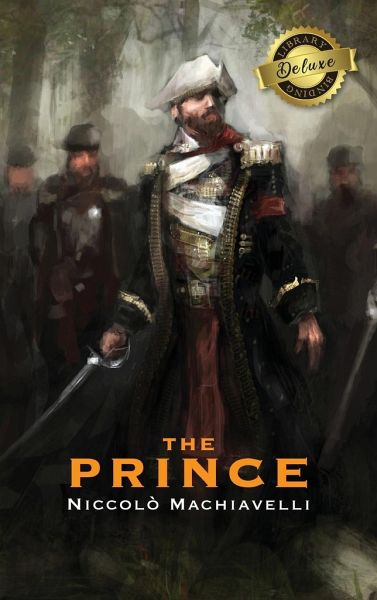
The Prince (Deluxe Library Edition) (Annotated)
Versandkostenfrei!
Versandfertig in 1-2 Wochen
29,99 €
inkl. MwSt.

PAYBACK Punkte
15 °P sammeln!
Machiavelli draws on his extensive historical knowledge and experience as a statesman to examine the reasons that Kings, Emperors, Dukes and governments have thrived or crumbled, while highlighting the principles that guided them. In each case Machiavelli suggests a set of principles that any leader would find difficult to follow, but impossible to ignore. The Prince has had a profound influence on political thought over the past 500 years, so much so that the term 'Machiavellian' is used to describe one who deceives and manipulates others. This is likely derived from Machiavelli's view that "...
Machiavelli draws on his extensive historical knowledge and experience as a statesman to examine the reasons that Kings, Emperors, Dukes and governments have thrived or crumbled, while highlighting the principles that guided them. In each case Machiavelli suggests a set of principles that any leader would find difficult to follow, but impossible to ignore. The Prince has had a profound influence on political thought over the past 500 years, so much so that the term 'Machiavellian' is used to describe one who deceives and manipulates others. This is likely derived from Machiavelli's view that "it is often necessary to act against mercy, against faith, against humanity, against frankness, against religion, in order to preserve the state." Machiavelli continues to provide an understanding of how world leaders think, and why certain decisions are made. A must read for the politically inclined and those interested in world events and the affairs of state.








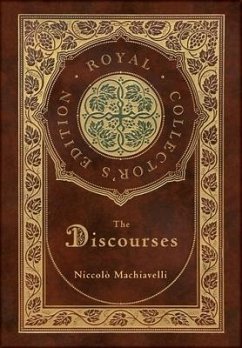
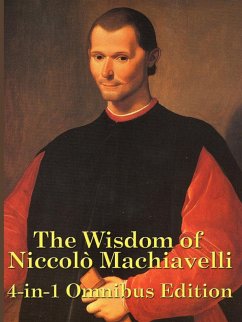
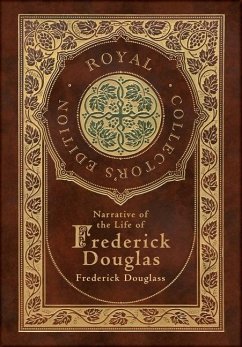
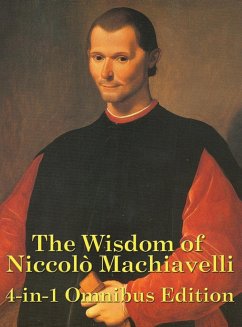
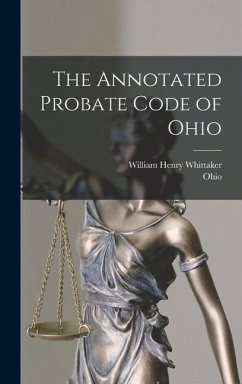
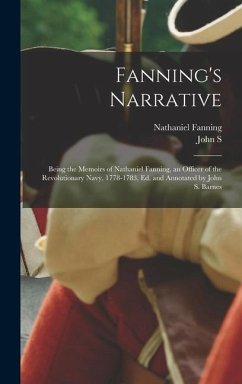
![Strange Stories From a Chinese Studio, Tr. [From the Liao-Chai-Chih-I of P'U Sung-Ling] and Annotated by H.a. Giles Cover Strange Stories From a Chinese Studio, Tr. [From the Liao-Chai-Chih-I of P'U Sung-Ling] and Annotated by H.a. Giles](https://bilder.buecher.de/produkte/67/67208/67208980n.jpg)
